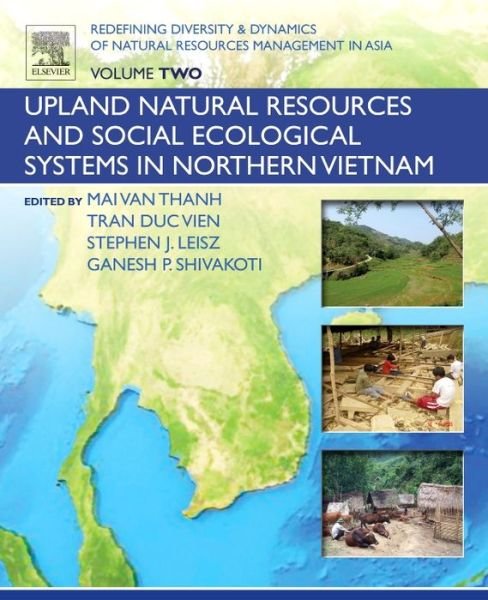Volume 2
Upland Natural Resources and Social Ecological Systems in Northern Vietnam
From the early 1990s to the present, the Center for Agricultural Research and Ecological Studies (CARES) of VNUA and the School of Environment, Resources and Development (SERD) of AIT have collaborated in studying and understanding the participatory process that has occurred during the transition from traditional swidden farming to other farming systems promoted as ecologically sustainable, livelihood adaptations by local communities in the northern Vietnamese terrain, with a special note made to the newly emerging context of climate change. This collaborative effort, which is aimed at reconciling the standard concepts of development with conservation, has focused on the small micro-watersheds within the larger Red River delta basin Support for this effort has been provided by the Ford Foundation and the MacArthur Foundation in close coordination with CARES and VNUA, with the guidance from the Ministry of Agriculture and Rural Development (MARD) and the Ministry of Natural Resources and Environment (MONRE) at the national, regional, and community level. Notable research documentation in this volume includes issues such as local-level land cover and land use transitions, conservation and development related agro-forestry policy outcomes at the local level, and alternative livelihood adaptation and management strategies in the context of climate change. A majority of these studies have examined the outcomes of conservation and development policies on rural communities, which have participated in their implementation through collaborative governance and participatory management in partnership with participatory community institutions. The editors and authors feel that the findings of these rich field-based studies will not only be of interest and use to national policymakers and practitioners and the faculty and students of academic institutions, but can also be equally applicable to guiding conservation and development issues for those scholars interested in understanding a developing country’s social ecological systems, and its context-specific adaptation strategies.

